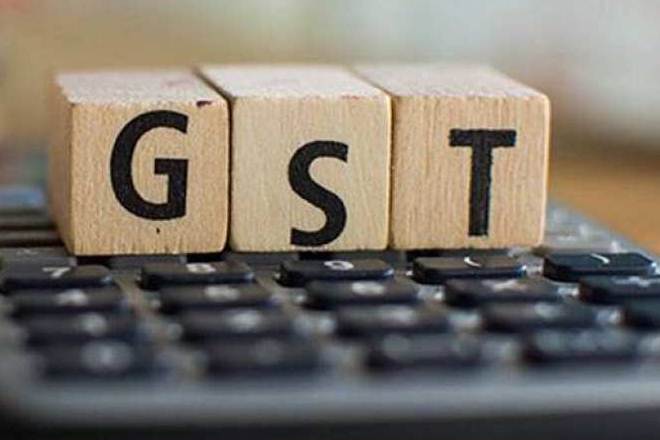KUALA LUMPUR: The impact on the people and prices of goods, as well as government revenue, is among the important aspects to be heeded in making a decision on whether the goods and services tax (GST) should be reintroduced.
No matter how good the tax system is, to the consumer, it is considered a failure if it causes the prices of goods and services to rise to the point of burdening them, and this is what happened when the GST was previously implemented, although it succeeded in raising government revenue.
However, the suggestion by the Malaysian Institute of Economic Research (MIER) that the GST be reintroduced at a lower rate, namely at 3% in the Budget 2020, may perhaps be viewed from a positive aspect.
The deputy president of the Federation of Malaysian Consumers Associations (Fomca) Mohd Yusof Abdul Rahman said to change the perception towards the GST was difficult as based on previous experience, the tax had a negative impact on the people until it resulted in a change of government at the 14th General Elections.
“In my opinion, the problem (GST rejection) happened as the implementation of the tax itself resulted in burdening the people (with the rise in the prices of goods and services, particularly those essential). The previous rate at 6% was high.
“If the GST needs to be reintroduced, the government has to restructure the rate so as to not burden the people,” he told Bernama.
Mohd Yusof said if the government can provide a guarantee that the GST would not burden the people alongside a strong explanation and take into consideration the level of affordability of the B40 group, then perhaps the people might welcome it.
At the same time, he also agreed with MIER chairman Tan Sri Dr Kamal Salih that revenue from the GST could help close the government’s fiscal deficit when compared to the implementation of the sales and services tax (SST).
Mohd Yusof said among the positives of the GST is that those who should pay tax cannot get away due to the registration process which was regulated by the Royal Malaysian Customs Department.
“The GST has a registration process by the Customs Department and companies cannot run away from paying the tax imposed. If we look at revenue from the GST and SST, there is clearly a difference. The revenue from the SST was RM22 billion (annually), while for the GST it was RM41 billion.
“It cannot be denied that the country’s revenue increased with the implementation of the GST. If it is reintroduced, the government has to be careful as a section of the people would not agree and this can impact its position,” he added.
Meanwhile, the chief activist of the Muslim Consumers Association of Malaysia (PPIM) Datuk Nadzim Johan said if the GST did not add to the burden of the people and benefited the country, it was right that it be implemented again.
He said the government needs to undertake a comprehensive and transparent review if it seeks to reintroduce the tax, particularly imposing a lower rate compared to the previous six per cent.
According to Nadzim, based on the previous experience, the government had to take action against traders who impose a higher charge, if the GST is implemented.
“This is a matter that worries people. For example, if the GST rate decided on is four per cent, but traders hike it to up to six per cent using the tax as an excuse, it will raise the ire of the people. A stern warning has to be issued to traders,” he added. — Bernama









